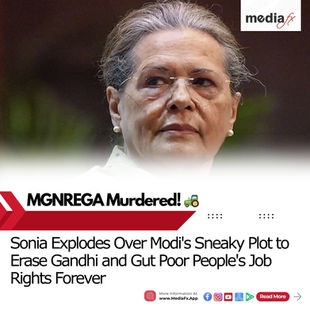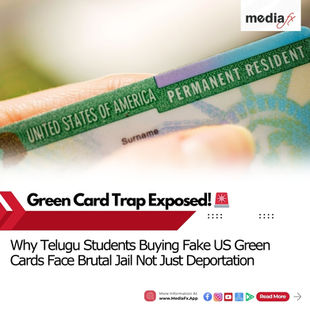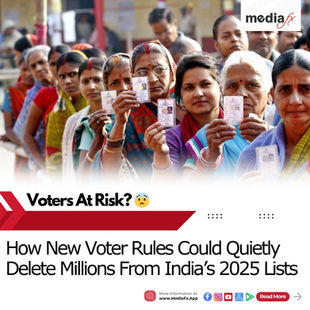🇨🇺🤐 India’s Cuban Conundrum: Why Delhi Said No to a Prestigious Honour! 😱
- MediaFx

- Jul 23, 2025
- 2 min read
TL;DR: In June 1948, just months after gaining independence, India’s Ministry of Education was offered the prestigious Order of Merit Carlos Manuel de Céspedes from Cuba—a gesture of thanks for helping bring UNESCO’s regional office to Havana. But six months of bureaucratic delays later, India’s strict policy against accepting foreign awards led to the honour being politely declined. 🛑🇮🇳 #IndiaHistory #DiplomaticDrama

🇮🇳 Background We Loved to Write About
India shook off colonial shackles in August 1947, and by June 1948 a senior Education Ministry official, Ashfaque Husain, got a letter from Havana. It declared he’d been chosen for the Order of Merit Carlos Manuel de Céspedes—Cuba’s top honour—via a decree on 18 April 1948, for his role in helping establish UNESCO’s regional office in Cuba 🙌 #PostcolonialIndia #UNESCO.
🕰️ The Translation Maze
The letter in Spanish arrived in Delhi, but nobody there spoke Spanish. So it got passed from the Education Ministry to Home, then to the External Affairs Department. Defence staff shrugged—“No translators here”—then nudged it over to the Information & Broadcasting Ministry. They finally found a Russian‑section officer, Mr. Banerjee, who helped decode the letter. Whole thing took six months. Talk about bottlenecks! 😂 #Bureaucracy #LostInTranslation
📜 What India’s Ruling Said
India’s stance was crystal clear: foreign medals were discouraged—even for private citizens—because the country didn’t want “a craving for foreign insignia.” An official note explained that such awards for official duties were unnecessary and could spark envy or confusion. A similar case in Bombay involving a Dane-backed medal for a civilian, AF Mody, was also rejected. 🛑 #NoForeignFavors #NewIndiaPolicy
📨 The Reject Letter
Eventually, Husain was told to “explain his inability... in suitable terms” to Cuba. The gesture of goodwill from Havana was appreciated, but India held firm. Diplomatic ties with Cuba survived—and in 1959 after its revolution, both nations opened embassies in each other’s capitals. But this early incident shows the seriousness of India’s early independence stance. 🇨🇺❤️🇮🇳 #DiplomaticHistory
🤔 Why This Still Matters
Early India was cautious, valuing humility over honours.
Pride comes before awards—India didn’t want foreign medals overshadowing its homegrown identity.
Kind reminder: Today we reject colonial hangovers—but do we still shy away from global recognition? 🤷♀️
✍️ MediaFx Opinion
From the people’s perspective, this move was about dignity and equality. Newly independent India refused to bow to foreign accolades just to prove a point: we’re a proud nation, not eager for status symbols. But we hope our ego doesn’t now block our achievements on world stages—honours are fine if earned fairly, but not sacrificed for show. 🌏✌️ #PeopleFirst #Equality
Comment below if you think India should've accepted the medal or stood its ground! 👇 Let’s chat! 💬 #TellUs













































